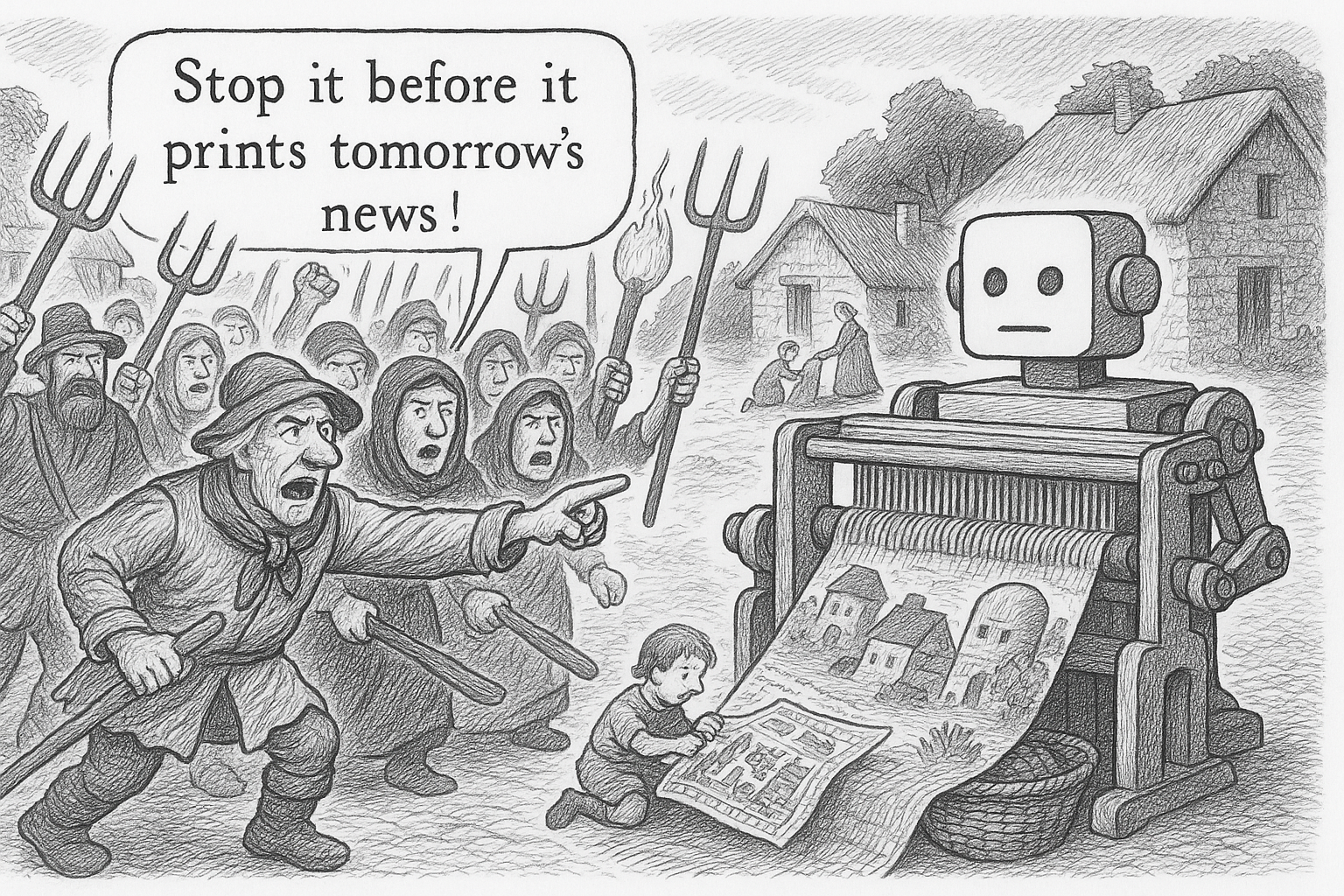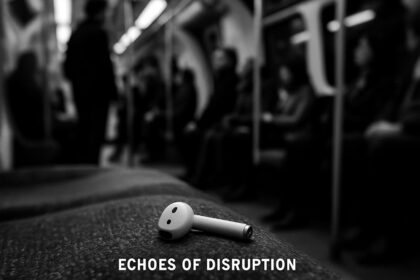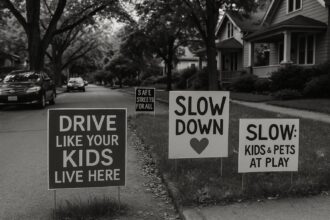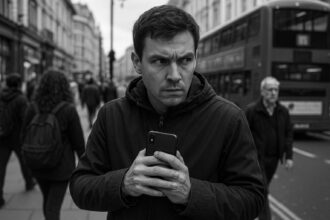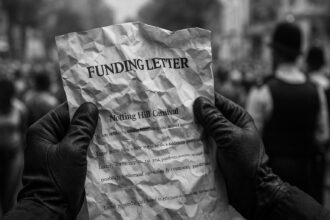Amid fears that artificial intelligence threatens human creativity and jobs, many overlook how AI acts as a powerful tool to enhance our abilities, solve critical problems in medicine and climate science, and open new opportunities for innovation.
He was polished, confident and, of course, on the speaker circuit.
His argument? That AI shouldn’t be allowed to gather intelligence on behalf of humans. That when someone puts content online, it’s only meant to be read, absorbed and acted upon by another human directly. Not searched, summarised, or interpreted by a machine.
To me, it sounded a bit like saying you shouldn’t be allowed to read unless you had perfect vision. That if you needed glasses or a magnifying glass, you were somehow cheating.
As someone dyslexic, who doesn’t come from an academic background but has spent a life building businesses through imagination, curiosity and hustle, AI hasn’t reduced me, it’s enhanced me. It fills the gaps in my attention and knowledge. It sharpens what’s possible. It’s a prosthetic for my intelligence. It’s not a threat to creativity, it’s a co-creator.
And I don’t just see this in publishing, the world I work in. I see it in medicine. In diagnostics. In climate science. In research that might save lives or even extend the life of the planet. AI might one day irrigate deserts, reduce emissions and slow extinction. And yes, it might just screen people like me for early signs of cancer at exactly the age my relatives began falling ill.
At a time when we are billions, spread thin across a stressed and overheating planet, it is not a coincidence that this new kind of intelligence has arrived. It may not feel spiritual, but it might be something close. A system smart enough to sift the chaos. To triage. To support. To balance.
Of course, this doesn’t always comfort those of us already stretched or uncertain. The pace of change is real. And many of the loudest voices we hear on this topic make their living helping us feel that fear. But here’s the thing: when the weaving loom arrived, there were people shouting exactly the same thing. The cloth industry didn’t end, it exploded. It became one of the largest global industries on Earth.
Change is always unsettling when it feels like it’s being done to you. But the reality is, it’s being done for us. The real work now is to stop flinching, stop falling for the idea that we’re being replaced, and start seeing this as a chance to do more. AI is not our adversary. It may just be the collaborator we need most.
- https://time.com/6097625/kai-fu-lee-book-ai-2041/ – This article discusses how AI is poised to profoundly change various sectors, including healthcare, by automating tasks and enhancing human capabilities, aligning with the view that AI can be a co-creator rather than a threat to creativity.
- https://www.ft.com/content/9e8d9087-a71f-42a9-a7d9-c4575d05471c – The article highlights AI’s significant role in scientific advancements, such as the development of AlphaFold, which has vast implications in medicine and biology, supporting the idea that AI can enhance human intelligence in fields like medicine.
- https://www.webasha.com/blog/ai-driven-scientific-research-how-artificial-intelligence-is-transforming-medicine-climate-science-and-space-exploration – This piece illustrates how AI is transforming scientific research, including climate science and medicine, by analyzing vast datasets to predict environmental changes and assist in medical diagnostics, demonstrating AI’s potential to support and balance human efforts.
- https://www.sciencedirect.com/science/article/abs/pii/S1357303924002329 – The article discusses AI’s role in drug discovery and development, highlighting how AI can identify promising drug candidates and predict their potential efficacy and safety, showcasing AI’s potential to enhance human intelligence in research.
- https://www.miragenews.com/ai-to-boost-human-intelligence-in-disaster-1418528/ – This article discusses how AI can assist in disaster relief and environmental protection by analyzing patterns in data on pollution, deforestation, and wildlife movements, guiding human efforts to address environmental challenges more effectively.
- https://www.sciencedirect.com/science/article/abs/pii/S1357303924002329 – The article addresses the challenges and opportunities of AI in scientific research, emphasizing the importance of human-AI collaboration and the need to address ethical concerns, aligning with the view that AI should be seen as a collaborator rather than a threat.


